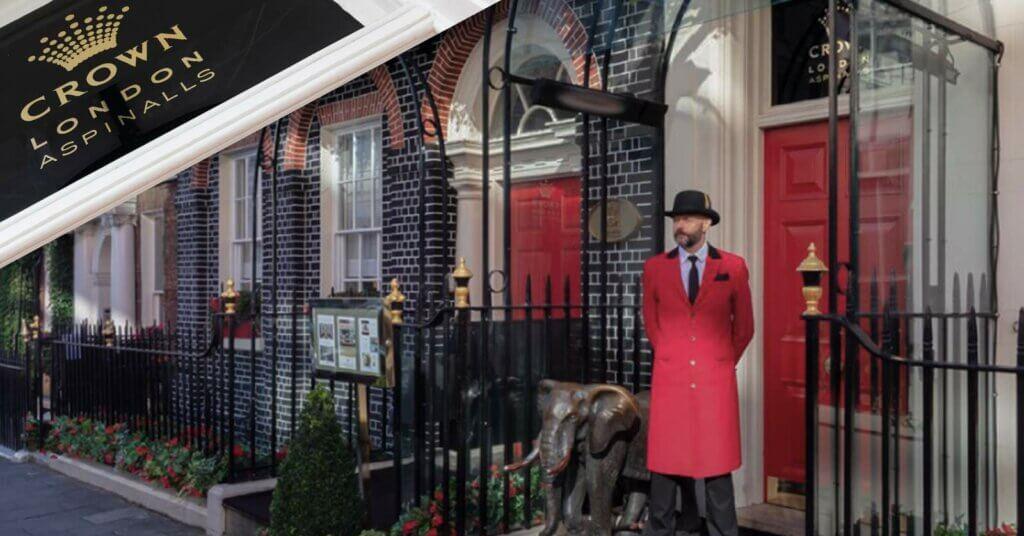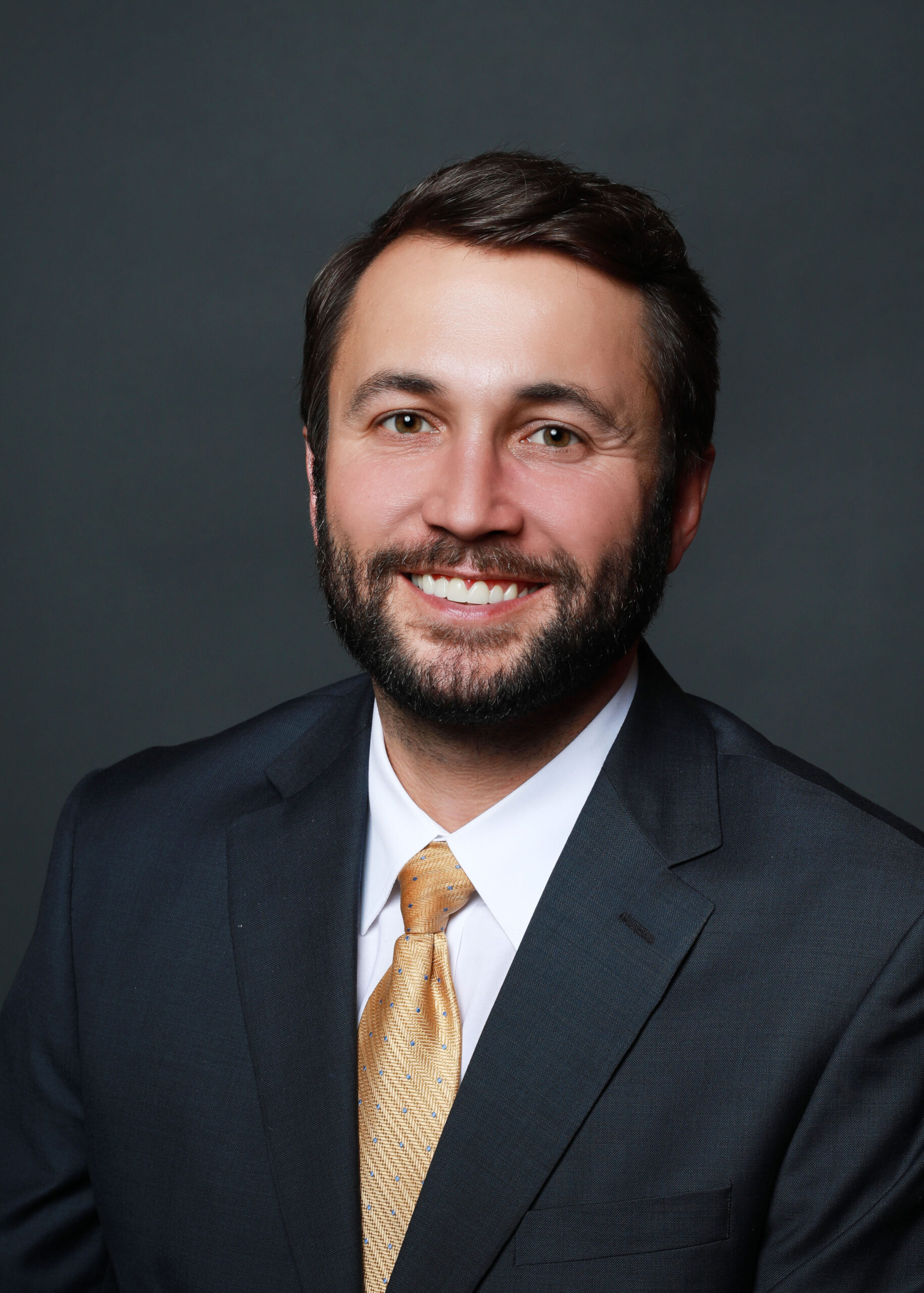The Gazette offers audio versions of articles using Instaread. Some words may be mispronounced.
Two new market studies commissioned by the Iowa Racing and Gaming Commission say a proposed Cedar Rapids casino would largely rely on pulling patrons from other Iowa casinos rather than bringing in new customers or significantly increasing statewide gaming revenue.
The studies, conducted by Marquette Advisors of Minneapolis and The Innovation Group of New Orleans, were submitted to the commission last month as part of the application process for a Linn County casino.
The proposed $275 million development would include 700 slot machines and 22 table games, plus a group of restaurants, bars, a 1,500-seat entertainment venue, an arts and cultural center and a STEM lab for families.
Marquette Advisors estimates the Cedar Crossing Casino would generate about $118 million in adjusted gross revenues annually by 2029. However, more than half — $68 million — would come from siphoning off customers from existing Iowa casinos.
It projects Riverside Golf & Casino Resort would see a $34 million hit by 2029, a 26 percent slice of its revenue. Meskwaki Bingo Casino Hotel would lose $14.1 million, Isle Casino in Waterloo $8.8 million, and other casinos across the state would collectively lose $11 million.
Innovation Group forecast Cedar Crossing would generate $116 million in yearly revenue by 2028, with a little more than half representing new gambling revenue to the state. About $56 million is projected to come through cannibalization, mostly from casinos in Riverside and Waterloo.
Studies: Iowa’s casino market is saturated
With 19 commercial casinos and four tribal casinos spread across Iowa, Marquette Advisors noted that most casinos in the state have achieved “maximum market penetration,” with the majority of customers coming from within a 45-minute drive.
The consulting firm says Iowa is a “mature,” “slow-growth” market with modest population and income growth anticipated. While Iowa casinos saw “robust recovery” following the COVID-19 pandemic, casino revenues have shown a marked decline over the last two years, according to the study. Casino admission as well continues a downward trend.
Iowa also has seen growing competition from neighboring states. A permanent Hard Rock Casino in Rockford, Illinois, opened in August, replacing a temporary location and competing with casinos in Eastern Iowa for patrons. The HoChunk Nation also recently broke ground on a new casino under construction in Beloit, Wisconsin, and four new casinos have recently opened in Nebraska, pulling customers and revenue away from casinos in Council Bluffs.
Despite this, Marquette predicts the addition of Cedar Crossing would slightly increase Iowa’s total adjusted gross revenue from $1.723 billion in 2024 to $1.726 billion by 2029. The Innovation Group projects total statewide commercial gambling revenue in Iowa would increase by $60 million.
The Iowa Racing and Gaming Commission twice has rejected proposals — in 2014 and 2017 — to bring a casino to Cedar Rapids. At the time, commissioners cited concerns that a new facility would siphon off existing customers from current casino properties in Eastern Iowa.
The state later implemented a two-year moratorium on new gaming licenses. That moratorium expired July 1. Some lawmakers have said they intend to file a casino moratorium bill that would block new gaming licenses when the Iowa Legislature convenes Monday.
The findings will be presented at the Racing and Gaming Commission’s next meeting on Jan. 23 in Jefferson. The commission also will hear arguments in a petition filed by Riverside Casino & Golf Resort and Washington County Riverboat Foundation seeking to disqualify a Cedar Rapids casino.
Riverside Casino and its nonprofit affiliate are challenging the legitimacy of a 2021 public referendum authorizing gaming in Linn County. They argue the Iowa Racing and Gaming Commission lacks the authority to issue a new casino license because language in the ballot measure was improperly worded. The commission is expected to issue a written decision by Jan. 27, before its Feb. 6 meeting, where members are expected to vote on the Linn County casino license.
Supporters emphasize proposed casino’s potential economic impact
Supporters, including local nonprofits, businesses and union members, say the proposed casino would boost the local economy, create jobs, support community projects and enhance the quality of life by attracting more tourists and providing more entertainment options.
Casino construction is expected to contribute $115.2 million to the local economy — including $86 million in labor income — supporting more than 1,300 jobs, according to The Innovation Group’s analysis. Once built, the casino is expected to employ about 300 employees with annual payroll of $15.4 million.
Casino developer Peninsula Pacific Entertainment and the Linn County Gaming Association have committed to distributing 8 percent of net adjusted gross revenue to nonprofit organizations, or about $6.3 million annually — more than twice the state-mandated minimum.
Opponents have warned a new facility would cannibalize revenues from other Iowa casinos and dilute — not increase — the state’s gambling market.
“Hopefully it’ll lend to more clarity and more solid evidence that (a Cedar Rapids casino) will actually hurt existing casinos and that, you know, the market is already saturated,” Mary Audia, executive director of the Washington Economic Development Group, said.
Casino operators and business, government and nonprofit leaders from Davenport, Dubuque, Waterloo, Cedar Falls, Riverside and the Meskwaki Nation have warned that granting a Linn County casino license would lead to job losses and business closures, and strain local government and nonprofit budgets due to reduced tax and grant revenue from gambling operations.
Casino backers say the state’s second-largest city should be allowed to benefit from gaming the same as other Iowa communities, and that growth in Iowa’s gaming industry and competition from neighboring states could make Cedar Crossing more relevant.
Cedar Rapids Mayor Tiffany O’Donnell emphasized the $60 million in new gaming revenue for the state as an opportunity to “provide much needed property tax relief.”
Despite concerns about competition, O’Donnell argued that a “growth mindset” and innovative casino offerings would benefit the entire industry.
“At the end of the day, competition is good,” she said. “This casino is unlike any casino that exists in the state. Frankly, it represents the way that people want to be entertained today. It is an entertainment venue that happens to have a casino inside. … I think this casino will not only sustain a healthy gaming environment in this state. I think it will make it more relevant than ever.”
Jonathan Swain is president of the Cedar Rapids Development Group, a subsidiary of Peninsula Pacific Entertainment.
Both he and O’Donnell stressed the new studies show higher revenue and lower cannibalization from a Cedar Rapids casino than previous studies.
Swain, too, said the projected impact to existing Iowa casinos is also significantly less than what was projected when the state granted a license for Wild Rose Hotel & Casino in Jefferson. He argues previous cannibalization projections were overestimated, and new casinos force others to improve their offerings.
“This is a substantially greater opportunity for the state than the last application that was approved, and a lot lower percentage of cannibalization,” he said. “… So we’re very optimistic about the process, about where we are. Each of the market studies actually show us making more revenue than we anticipated, which is exciting for us. We think this is a home run for Linn County and Cedar Rapids and for the state of Iowa, and we’re just hopeful that the Commission sees that as well.”
Comments: (319) 398-8499; tom.barton@thegazette.com





